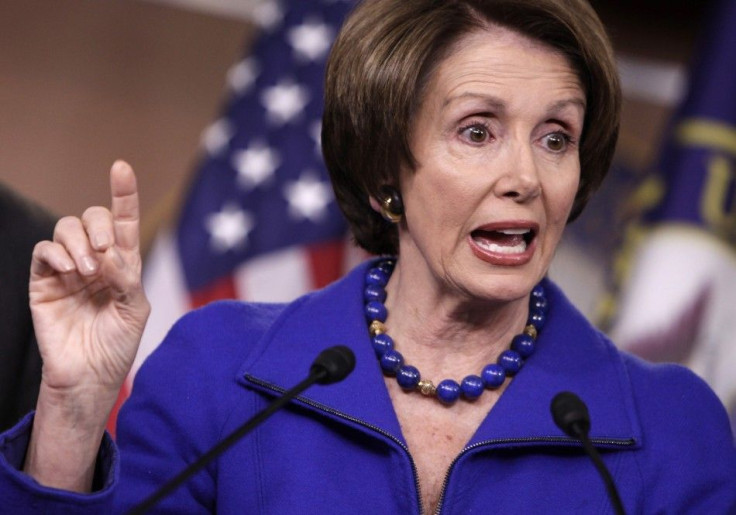Men's Rights Group Backs GOP Violence Against Women Act To Protect 'True Victims' -- Heterosexual Men

Most women's rights and LGBT equality organizations may have joined forces to oppose House Republicans' version of the Violence Against Women Act, but there's at least one group coming to the GOP's defense: The National Coalition For Men.
The group, which describes itself as an organization committed to ending sex discrimination against men and boys, argues the Republican alternative will provide much-needed protections for a demographic they claim are the true victims of abuse --heterosexual men.
Opposing versions, by omission and lack of specificity, generally exclude men, particularly heterosexual men, regardless of specious arguments to the contrary, reads a statement from the organization. We cannot adequately address violence-related issues by excluding half the population, allowing precious resources to be squandered for ideological purposes, empowering false accusers at the expense of true victims, and letting malfeasance and maladministration run unchecked without holding applicable program administrators accountable.
The Republican-backed version of VAWA removes expanded protections for immigrants, gays and lesbians and Native Americans included in a bill authored by Senate Democrats. Although the Senate bill was passed with bipartisan support, House Republicans say their alternative cracks down on fraud by making the grant process more accountable and maintaining the constitutionality of criminal procedures on Native American land.
It's difficult to understand the coalition's objection to the Senate bill, since the text of the legislation specifically states the updated version builds on the efforts of previous reauthorization to better address the needs of male victims of domestic and sexual violence.
Plus, while VAWA as it stands may focus on violence perpetuated against women, it's because they are overwhelmingly the victims of domestic violence. One of every four women will be victims of domestic violence during their lifetime, according to the National Coalition Against Domestic Violence. The organization estimates 85 percent of domestic violence victims in the U.S. are women.
VAWA was established in 1994 to direct taxpayer money toward the prevention of domestic violence and the protection of its victims. Although it has been renewed twice with strong bipartisan support since that time, this year it has become the latest target of partisan warfare erupting over women's issues.
On Wednesday the Obama administration joined forces with Democrats in denouncing the House bill, threatening to veto the legislation it says rolls backs existing law and removes long-standing protections for victims of domestic violence and sexual assault.
© Copyright IBTimes 2024. All rights reserved.





















